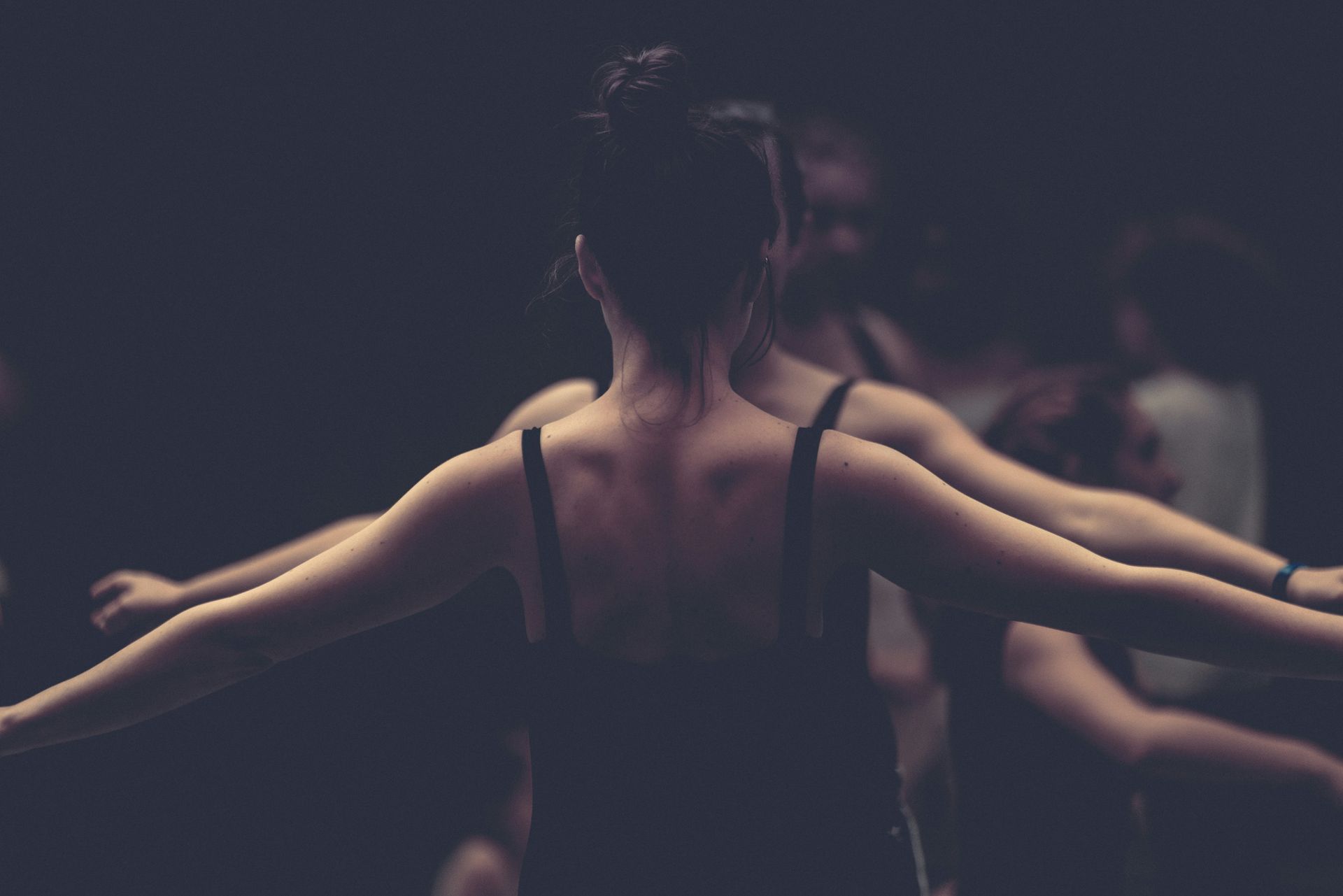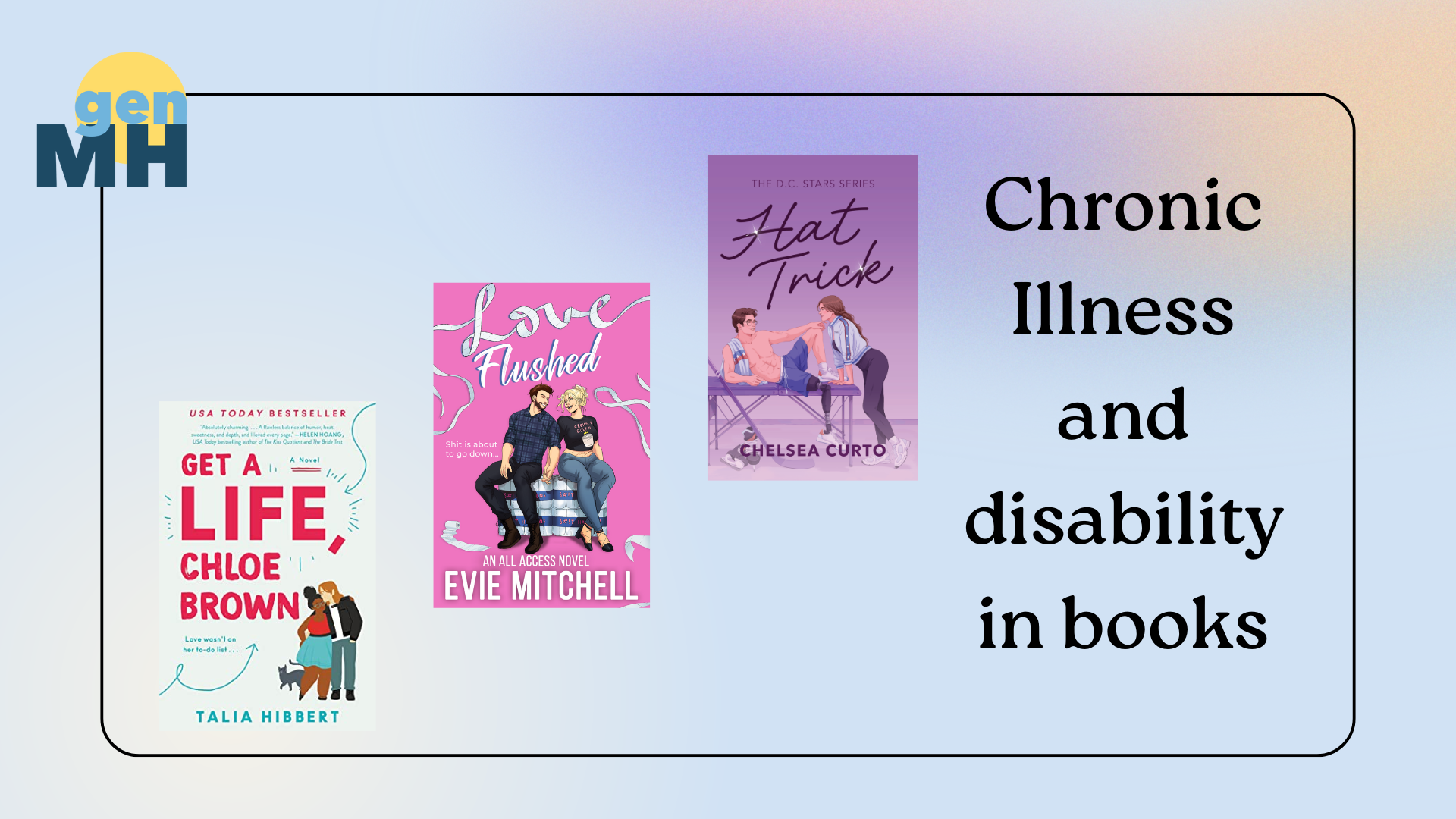From Lived Experience to Lived Experience Leadership - A personal story of hope and resilience
Jenny • September 7, 2020
As part of our Lived Experience Blog, Jenny shares her inspiring story of transforming her personal struggles into lived experience leadership.

I have faced a lot of challenges & adversities over the years. Dad and my sister were both extremely unwell with mental illness (schizophrenia, anxiety & depression) their behaviours were very unstable at times, family instability lead to parents separation for 3 months, I also went through my own experience of mental illness (anxiety & depression) I have faced a lot of stigma & discrimination over the years.
Mum almost lost her life through a medical error which resulted in a longer stay in hospital, Dad passed away from cancer on my birthday in 2005, he spent the last few months in a nursing home, when first diagnosed he was in hospital for 18 weeks due to medical errors and complications – his cancer battle lasted just over 18 months. I spent a lot of time at home to help care for him while Mum worked full time I was also fulfilling Government job seeker requirements like Work for the Dole and other activities during this period. A few years after I was a carer for my sister while Mum was away for 8 weeks in New Zealand when my grandmother became very unwell, My sister become mentally unwell again during this time. I didn`t know how to help her and we weren`t getting much support from anyone.
I endured long periods of unemployment but completed courses, participated in volunteer work & casual work to improve my chances however even though I was constantly looking for work, the rejection letters kept coming, no one would give me a chance. I went to university for a year I started a teaching degree but that dream was crushed, I personally struggled with my studies to the point I only passed 3 out of 5 subjects in semester 1 and only 1 subject in semester 2. I failed my teaching placement even though I tried really hard, then regrettably made the difficult decision to leave at the end of the year. School was also a very challenging time I was bullied from when I started all the way through to Year 12 both physically & verbally, I struggled with schoolwork, and ultimately failed my HSC.
My life has improved incredibly over the last few years, 2020 is my 3rd year as a Raise Mentor, In my first year I worked with a challenging student she had a lot going on in her life and slowly as the weeks progressed she opened up to me even more, I found out she was suicidal, I immediately informed my supervisor and we were able to build up a support network around the young person, her confidence grew throughout the program, she was putting her hand up in class more, at graduation she walked up to collect her certificate something I wasn’t expecting her to do, she showed so much courage and willingly accepted our help, my fellow mentors/supervisor noticed a really big change-the welfare teacher thanked me for getting my mentee to open up. In 2020 my current supervisor nominated me for Westfield Local Hero Awards.
Last year I played a major part in the Central Eastern Sydney Primary Health Network Regional Plan. My lived experience story I wrote was published within the plan, part of it was used in a media release and I was asked to speak at the official launch in which about 60 people were in attendance even though I was really anxious I did it, the feedback from everyone was positive and it built up my confidence, The plan has been developed to improve mental health services & programs in the region. I have been a member of their Mental Health Advisory Committee since 2017 and I was appointed to their Community Council in 2019.
I have written stories about my experience with mental illness & recovery available on Roses in the Ocean & Women with Disabilities Australia websites, my own story was promoted on their social media pages on International Womens Day. In conjunction with Inside Out Associates I was part of a book project called Our Own Words 50 people with lived experience including myself authored the book and after a successful crowdfunding campaign it was published. My Lived Experience Story appears on other websites including WayAhead and the NSW Mental Health Commission.
I`m a current member of the Board of Directors for One Door Mental Health, I have been a member of the Consumer Consultative Committee since 2016, in 2020 I joined their Evaluation Reference Group and Quality Care Committee. I`m also a mental health peer educator for One Door Mental Health in this role I share my story of lived experience with other people, I have spoken to university students, medical professionals, state govt employees and one door staff & volunteers my main objective is to educate the public and reduce the stigma surrounding mental illness.
Based on what I have achieved, I was chosen as a case study/success story for the Annual Report and newsletter that was published in 2016, I was given the opportunity to speak at the One Door launches for Chatswood and Parramatta by the regional manager in 2017.
I worked as a volunteer on the telephone mental health support & information service at One Door for over 2 years, working one shift every week where I made outreach calls to people who have limited social contact and are isolated because of mental health issues and needed extra support. In 2017 I was a volunteer in the Compeer program run by St Vincent de Paul they matched me up with a person who has become socially isolated due to mental illness. I spent 4 hours a month catching up with the same person over a 12 month period.
I have been involved with projects/consultations with a number of organisations including Being, Western Sydney Recovery College, St John Of God Hospital, NSW Mental Health Commission, Mental Health Coordinating Council, Mental Illness Fellowship of Australia and National Mental Health Commission. I sit on other committees including Sydney Local Health District Lived Experience Advisory Panel, Suicide Prevention Australia Lived Experience Panel and the Recovery & Wellbeing College Student Voice. I am a consumer facilitator for a mental health awareness course in South East Sydney LHD.
Everyone in the wider community benefits from my work in the sector, but the young people I mentor within Raise Foundation programs benefit the most from my knowledge & life experience. I do what I do because I love it, it gives me a sense of purpose and brings me so much satisfaction especially seeing young people flourish. My story is proof you can recover from mental illness and lead a fulfilling life.


